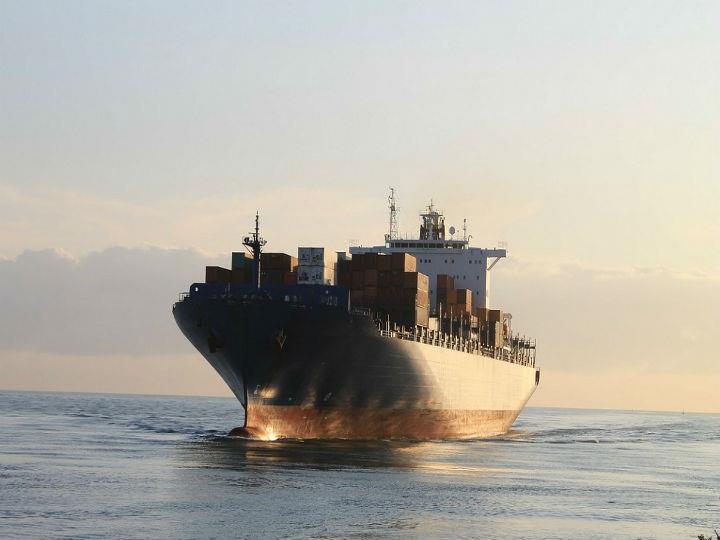by Athanase Papandropoulos
Both politicians know that without development, neither income is produced nor job positions are created. So, if Greece wants to recover from crisis and unemployment, it can only be achieved through high growth rates.
Paradoxically, however, in his speech, the Prime Minister avoided referring to a top advantage of the country, to shipping and to sea-related appropriation of the Greek naval power. Power, which is also enhanced by Greece’s energy geopolitical position, given the deposits of Cyprus, the Ionian Sea and southern Crete, where researches have already begun.
In that respect, the situation in our region is extremely interesting and dangerous, at the same time. These are the main seasons:
According to the founder of the US Navy Admiral Doctrine, Alfred Thaylor Mahan (1840-1914), there are six essential elements that influence, or -also- create the conditions for the development of a country’s maritime power.
· Geographical location: If a country is close to the Sea Lines of Communication-SLOCs. It is true that Greece is at the center of sea routes heading to and from Dardanelia -Suez -Gibraltar and its major ports, such as Piraeus, Patras and Thessaloniki that constitute the focal points of international trade between two oceans and three continents.
· Surface: At this point, Mahan does not refer to the total extent / area of the country, but to the length of its coastlines. Greece has a total coastline of 15,047 kilometers (as the perimeter of Africa) and is the 9th country in the world, behind states with great naval power such as US, Japan, Russia, Norway, United Kingdom and others.
· Population numbers: In this context, Admiral Mahan does not mean the whole population of the country, but the number of people making a living out of the sea.
· Ethnicity: Mahan, at this point, examines whether the state has the prospect of developing commercial activities by the sea and whether the population has the capacity to establish robust colonies abroad. At this level, a Navy Admiral, Mr. Vassilis Politis, in an article, in Foreign Affairs magazine, points out that Greece may receive the highest rating from all of the countries in the world, not because of the state but because of its own initiative.
The Greek-owned merchant fleet (4,585 ships above 1,000 dwt) controls 27.76% of the global tanker fleet, 21.53% of the global dry bulk cargo fleet and 15.94% of the global freight and cargo fleet of petroleum products in gaseous or non-gaseous form. The Greek flag (759 ships above 500 dwt) holds seventh place internationally and second in the EU (in dwt).
What does that mean? That means that MOBIL, EXXON, TOTAL, ENI etc. have the capacity and knowledge to extract hydrocarbons and natural gas from all the Eastern Mediterranean deposits, but without Greek merchant ships these products cannot go anywhere. As for the colonies that Mahan says, today Greece may does not have a Protea from Fokea to establish Marseilles, but has an homogeneity with a voice in the US, Canada, Australia and Germany, among others.
· National policy / strategy: So, if the country that wants to have naval power, has set goals and guides its people to achieve them through intelligent short and long term development programs.
Despite all the above advantages, Greece faces a serious danger: it is the Islamization and the de-westernization of Turkey. A Turkey, which, according to the professor of geopolitics George Prevelakis, at the present stage of the geopolitical conundrum combines the return to the Ottoman Empire with an ’open sea’. This fact has enormous historical significance. It necessitates the public awareness of the connection of Hellenism with the sea.





 By: N. Peter Kramer
By: N. Peter Kramer
